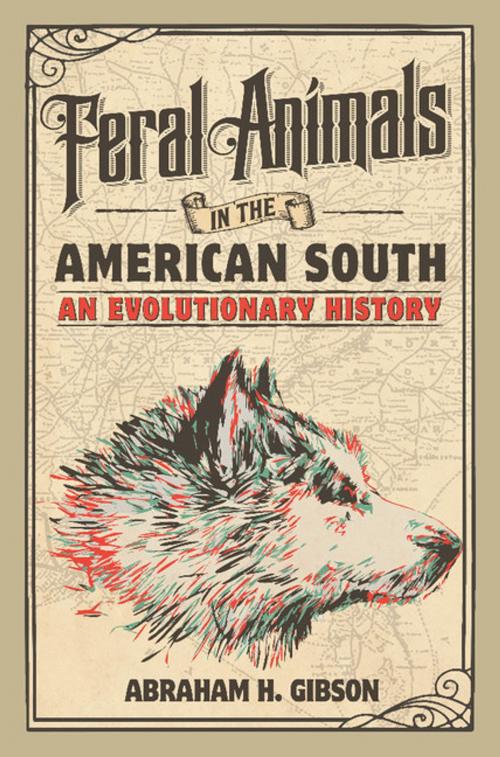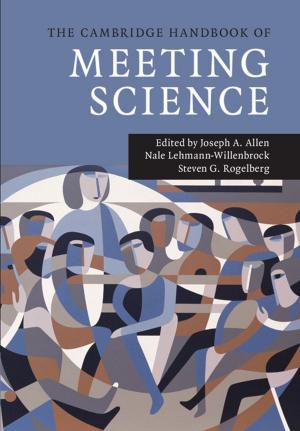Feral Animals in the American South
An Evolutionary History
Nonfiction, Science & Nature, Nature, Science, History| Author: | Abraham H. Gibson | ISBN: | 9781316789599 |
| Publisher: | Cambridge University Press | Publication: | August 30, 2016 |
| Imprint: | Cambridge University Press | Language: | English |
| Author: | Abraham H. Gibson |
| ISBN: | 9781316789599 |
| Publisher: | Cambridge University Press |
| Publication: | August 30, 2016 |
| Imprint: | Cambridge University Press |
| Language: | English |
The relationship between humans and domestic animals has changed in dramatic ways over the ages, and those transitions have had profound consequences for all parties involved. As societies evolve, the selective pressures that shape domestic populations also change. Some animals retain close relationships with humans, but many do not. Those who establish residency in the wild, free from direct human control, are technically neither domestic nor wild: they are feral. If we really want to understand humanity's complex relationship with domestic animals, then we cannot simply ignore the ones who went feral. This is especially true in the American South, where social and cultural norms have facilitated and sustained large populations of feral animals for hundreds of years. Feral Animals in the American South retells southern history from this new perspective of feral animals.
The relationship between humans and domestic animals has changed in dramatic ways over the ages, and those transitions have had profound consequences for all parties involved. As societies evolve, the selective pressures that shape domestic populations also change. Some animals retain close relationships with humans, but many do not. Those who establish residency in the wild, free from direct human control, are technically neither domestic nor wild: they are feral. If we really want to understand humanity's complex relationship with domestic animals, then we cannot simply ignore the ones who went feral. This is especially true in the American South, where social and cultural norms have facilitated and sustained large populations of feral animals for hundreds of years. Feral Animals in the American South retells southern history from this new perspective of feral animals.















